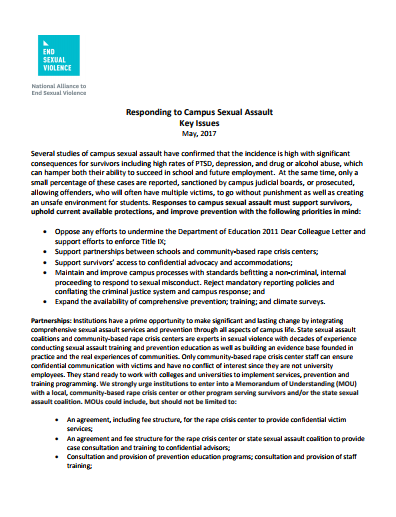Resources Library:
Start a Search:
Resources Addressing the Unique Needs of Black and Latin@ LGBQ/T Survivors of Partner Abuse

TOD@S (Transforming Ourselves through Dialogue, Organizing, and Services) is an interagency collaboration between The Hispanic Black Gay Coalition, The Violence Recovery Program at Fenway Health, The Network / La Red, and Renewal House (a program of the Unitarian Universalist Urban Ministry) in Boston, Massachusetts. Their mission is to improve and increase access to intervention and prevention services for Black and Latin@ lesbian, gay, bisexual, transgender, and queer (LGBTQ) people affected by partner abuse.
They have created a Community Needs Assessment and Action Plan as well as a training for community service providers.
Resources for Survivors who are d/Deaf or Hard of Hearing in Virginia
This video explains elements of intimate partner abuse and the resources available for support in American Sign Language to survivors in the Commonwealth.
This video was created by the Ensuring Accessibility to All Survivors project (an expansion of the I-CAN! Virginia project) in collaboration with the Partnership for People with Disabilities, a University Center for Excellence in Developmental Disabilities at Virginia Commonwealth University, and the School of Social Work at Virginia Commonwealth University.
To view the video, click here: https://youtu.be/OM4LxKmziIg
Resources from the National Center on Elder Abuse
The National Center on Elder Abuse (NCEA) has collected all of its products (reports, webinars, podcasts, databases, etc.) in one location for easy access and availability.
Click the following links for more information on:
Elder Rights Resources - Prevention of elder abuse, legal assistance, world elder abuse awareness, and more
NCEA publications - These include information on LGBT elder concerns, financial abuse and exploitation, culturally-specifc resources, persons with disabilities, and more
Virginia-specifc state resources for elders
Supports and Tools for Elder Abuse Prevention
The Reframing Elder Abuse Project - a communications strategy and toolkit that reimagines our cultural dialogue on elder abuse
Responding to Campus Sexual Assault Key Issues (May 2017) from the National Alliance to End Sexual Violence

Several studies of campus sexual assault have confirmed that the incidence is high with significant consequences for survivors including high rates of PTSD, depression, and drug or alcohol abuse, which can hamper both their ability to succeed in school and future employment. At the same time, only a small percentage of these cases are reported, sanctioned by campus judicial boards, or prosecuted, allowing offenders, who will often have multiple victims, to go without punishment as well as creating an unsafe environment for students. Responses to campus sexual assault must support survivors, uphold current available protections, and improve upon prevention.
Responding to the Needs of LGBTQ People of Color Experiencing SV, IPV, or Stalking
LGBTQ People of Color experience high levels of trauma, discrimination, violence, and oppression based on race,gender, and sexuality. Understanding how racism, homophobia, and transphobia simultaneously affect LGBTQ People of Color is critical when working to provide culturally relevant services to LGBTQ survivors of violence.
This guide is designed to help providers be more informed about the nuanced and complex realities of LGBTQ People of Color. It is for service providers to use when working to reach LGBTQ people and communities of color who are experiencing violence in their lives. It is not a one-size fits all guide but rather a tool that aims to provide context as well as action steps for reaching these communities.

